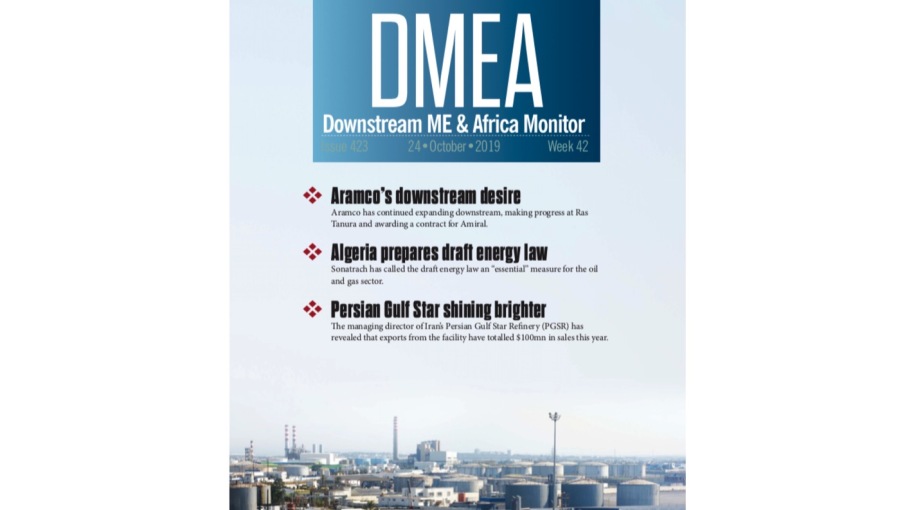DMEA: Iraq, Iran to expand refining

In DMEA this week we look at plans and progress by neighbours Iraq and Iran as they seek to increase their oil refining capabilities.
Iraq’s state-owned North Refineries Co. (NRC) this week signed a preliminary agreement with Swedish firm SEAB and Limak Holding of Turkey for investment to construct a 70,000 barrel per day (bpd) refinery at Qayarah near Mosul.
The parties said that the heads of agreement (HoA) provides a “roadmap for an investment contract” for the development of the facility. The value of the project has not yet been disclosed, with the companies due to submit their technical and financial scoping for the development by December.
Bids were previously invited in 2018 for the development of a 100,000 bpd facility in the city around 80 km south of Mosul, though following an extension to the deadline because of weak interest, the scheme faded into obscurity.
NRC general manager Qassem Abdul Rahman said that the new facility would use “complex and advanced techniques to treat heavy oil [from the nearby Qayarah oilfield] and turn it into white products [that meet] Euro V specifications”.
Meanwhile, Iranian Minister of Petroleum Javad Owji this week said that the country aims to increase refining capacity while improving the quality of refined products.
Speaking of the ministry's ‘two plans’, he said: “The first plan is to increase the capacity of existing refineries (both those that have crude oil feed and those that use gas condensate) in terms of quality and quantity of oil products, and the second plan is to build new refineries or petro-refineries.”
During a visit to Tehran Refinery, he noted that “following the improvement of the quality of petroleum products and the increase of the quality of gasoline and gas oil, which is very important for us in the field of environment, the discussion of quantitative and qualitative development plans of refineries is seriously on the agenda of the current government”.
Under the plan, Iran expects to raise the current nameplate capacity of 2.2mn bpd to more than 3.5mn bpd during the next four or five years.


Follow us online